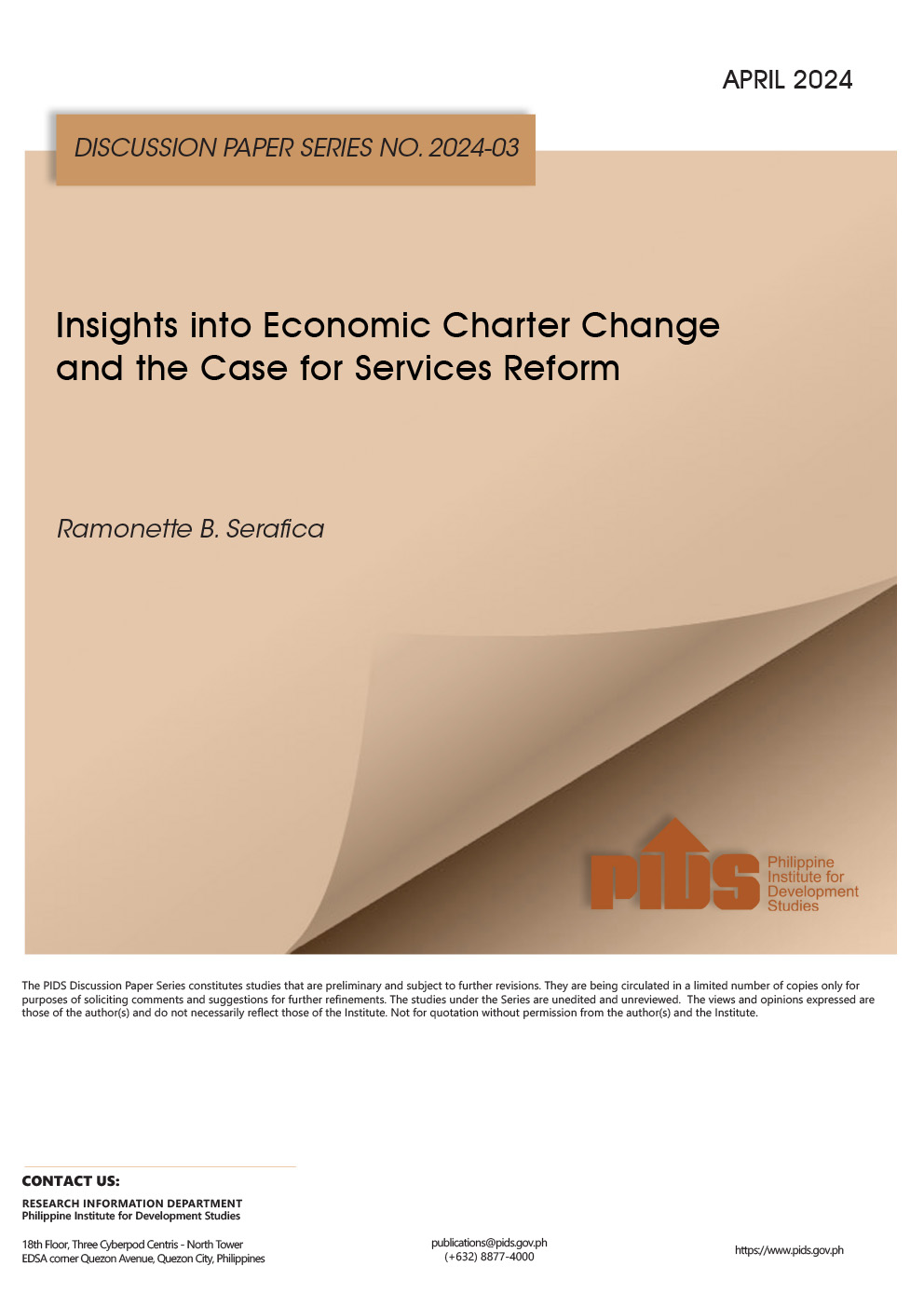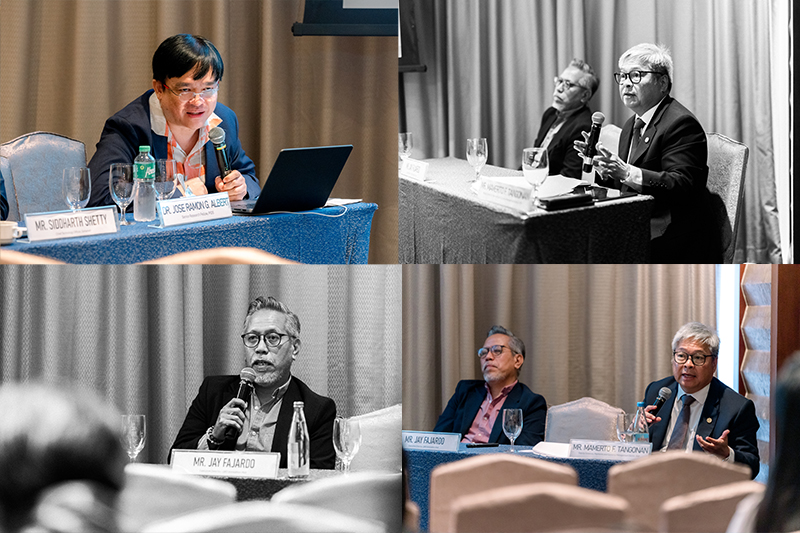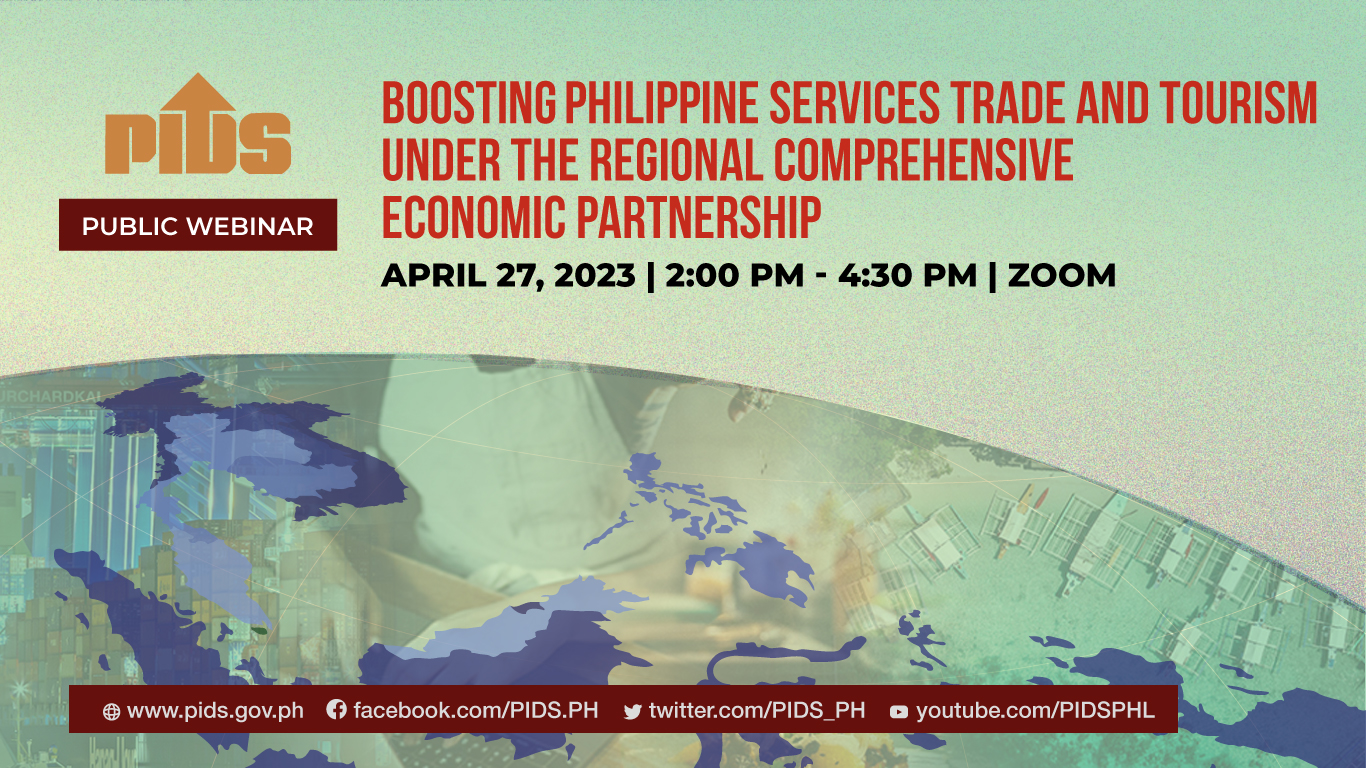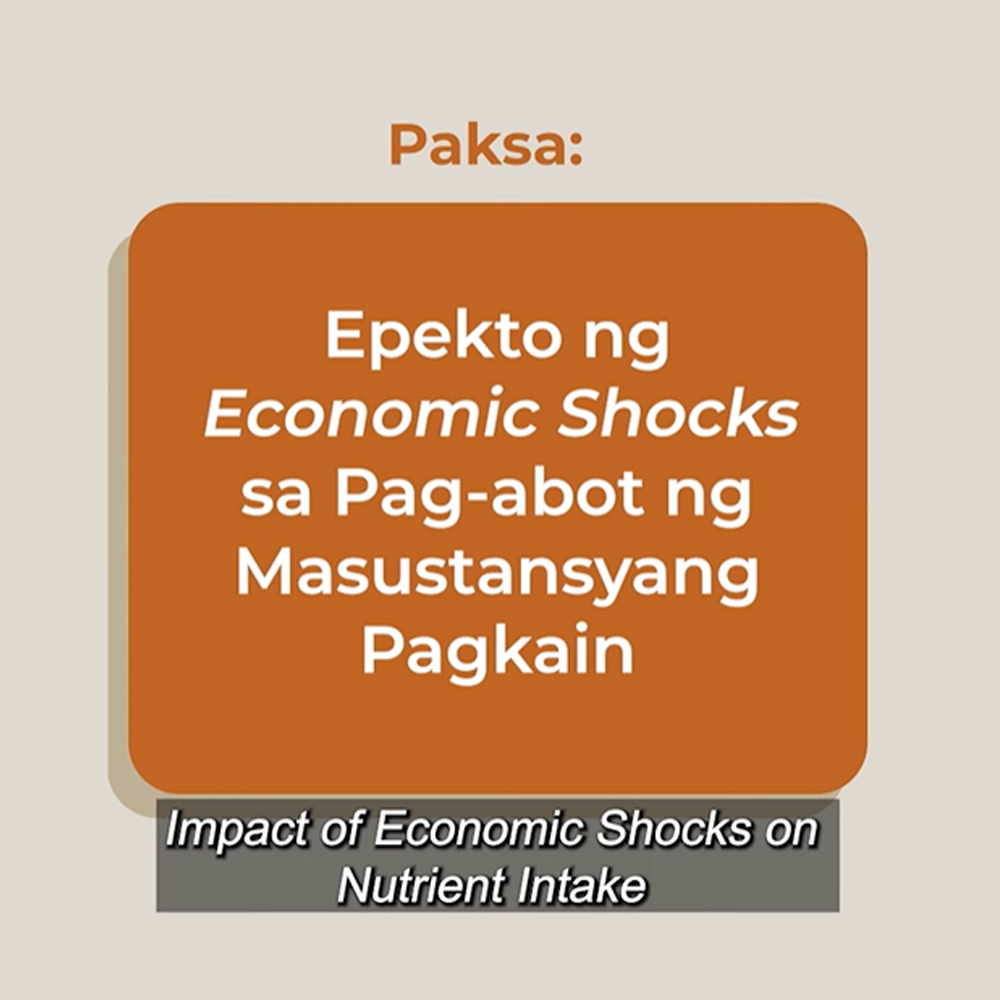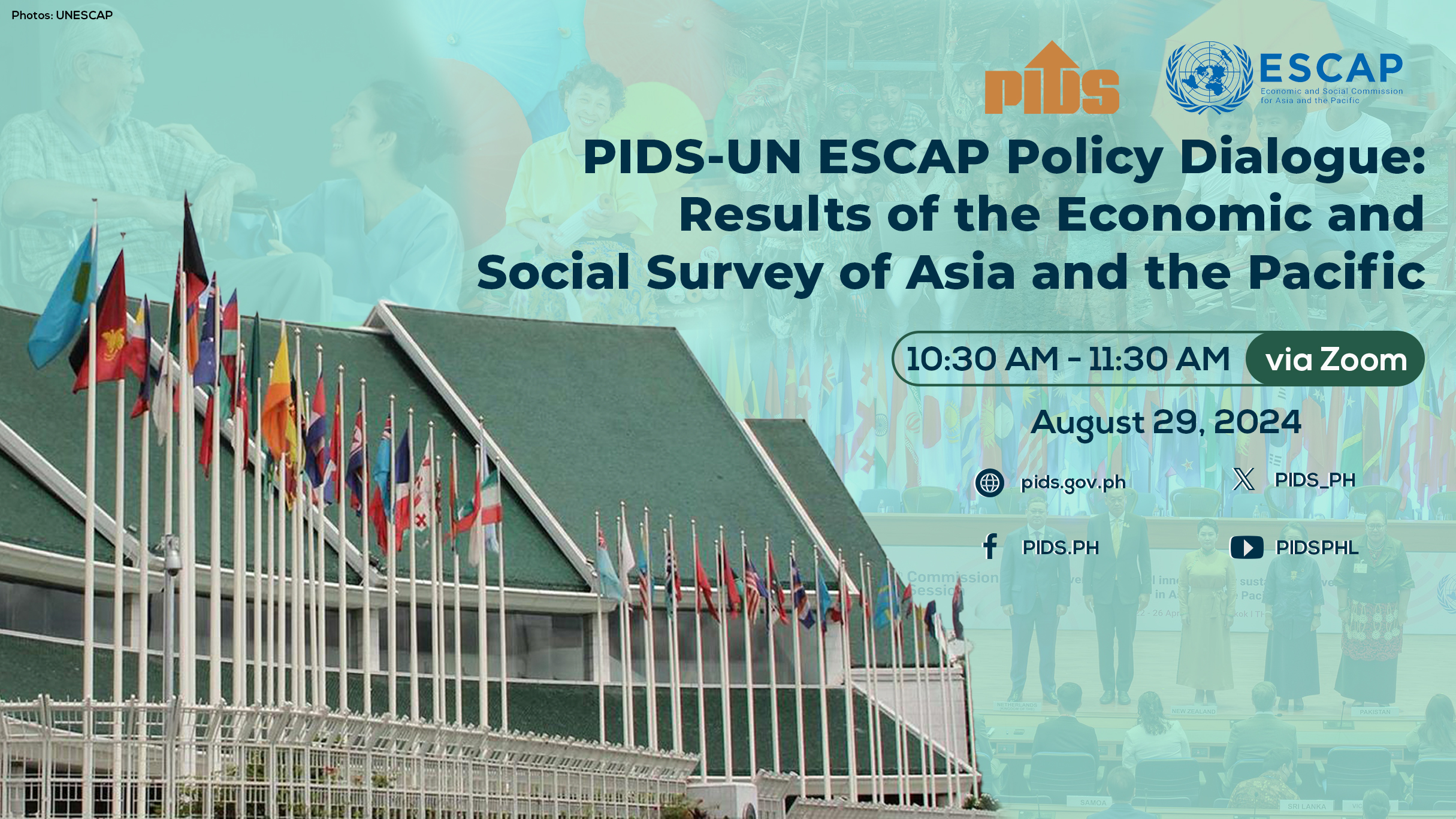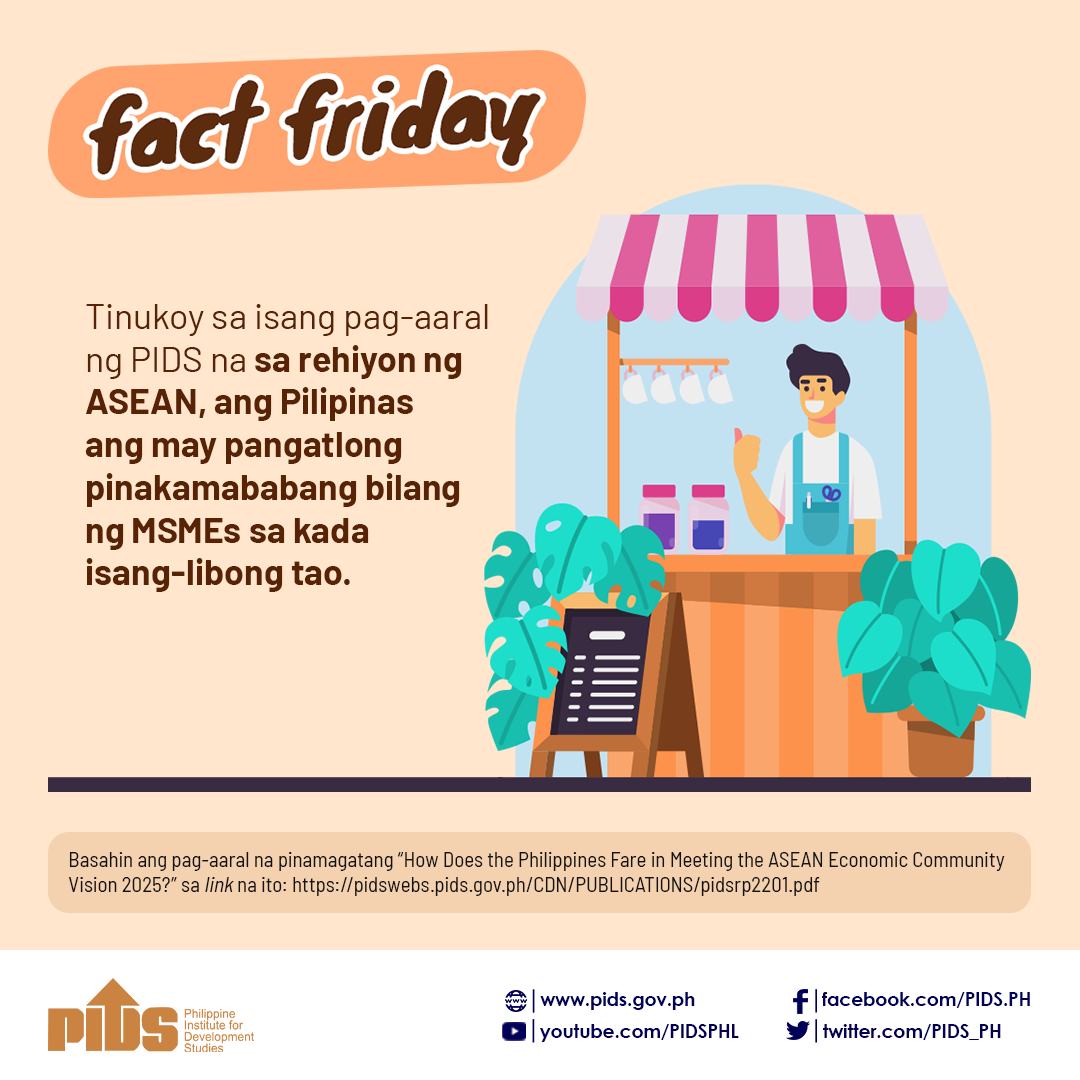President Aquino failed to address these, economists say:
MANILA, Philippines – Restricted foreign investments, underemployment, unrealistic minimum wage, and an underperforming agricultural sector are urgent concerns that the next administration should address because President Benigno Aquino III failed to deal with these, economists said.
During the Aquino’s Last Mile: Ramping Up and Sustaining 'Daang Matuwid' forum in Makati City Monday, August 3, economists tackled the challenges to be faced by the next administration.
Although the Philippine economy has been growing for an average of 6.5% for the past 5 years, they said growth has not been fully inclusive.
"Sustaining economc growth is not all you need to do. Increased growth without reducing poverty is meaningless," Foundation for Economic Freedom President Calixto Chikiamco said in his speech.
For Budget Secretary Florencio Abad, poverty incidence in 2014 erased the gains that the government made since 2010.
Poverty incidence among Filipinos in the first semester of 2014 was estimated at 25.8%, according to the latest data of the Philippine Statistics Authority (PSA), higher than the 24.6% recorded in the same period in 2013.
GAINS ERASED. DBM's Florencio Abad says poverty incidence last year erased the gains the Philippines had since 2010. File photo by Fritzie Rodriguez/Rappler
GAINS ERASED. DBM's Florencio Abad says poverty incidence last year erased the gains the Philippines had since 2010. File photo by Fritzie Rodriguez/Rappler
Remove barriers to foreign investments
To cure widespread poverty in the country and achieve an inclusive economic growth, the next administration should not only remove foreign ownership restrictions in the Constitution, but all other barriers to entry not requiring constitutional change, Chikiamco said.
"This means reducing the foreign investment negative list, lowering the capital requirements for retail trade, and even liberalizing immigration rules to allow foreigners with certain skills to work here,” the head of Foundation for Economic Freedom said.
The Resolution of Both Houses (RBH) 1 that seeks to open the Constitution to lifting of restrictions of foreign ownership and participation in various sectors is poised to be voted for approval on third and final reading of the House.
Meanwhile, the Philippine government in June retained its list of investment areas and economic activities with foreign participation restrictions.
"This will mean more foreign direct investment, more jobs, more technology transfer, better infrastructure, more competition, and lower prices for consumers," Chikiamco said.
Modernize labor rules and regulations
In April 2015, data from PSA showed that the country registered slightly lower unemployment (6.4%) and underemployment (17.8%) rates.
But Fernando Aldaba, dean of Ateneo de Manila University (ADMU) School of Social Sciences, said "despite lower rates, there is virtually no change in the number of workers who are either totally idle or underemployed."
Aldaba said that "a lot of people are still seeking for high-paying jobs, especially those who are involved in labor-inducing industries."
For Chikiamco, "modernization of labor rules and regulations will focus on labor productivity instead of unrealistic labor security and government-mandated wage-setting."
This means requiring labor permanency after 6 months; promoting on-the-job training through an apprenticeship program where trainees are paid less than minimum wages; and negotiating labor rates without regard to the legal minimum wage in select depressed, Chikiamco elaborated.
"Modernizing labor rules and regulations will promote employment especially among the young, the uneducated, and women; higher wages through higher productivity; and the creation of a skilled labor force," he added.
Increase agricultural productivity
"To revive agricultural sector, we need to liberalize rice import trade and shift resources away from subsidizing the National Food Authority and the rice sector to other higher-value agricultural products," Chikiamco said.
Increasing agricultural productivity, he said, would necessitate improving the security of property rights in the agricultural sector.
This is to amend the anti-development and anti-growth provisions in the Comprehensive Agrarian Reform Law, subdividing the collective titles under Certificate of Land Ownership Award, as well as removing the restrictions on sales and conveyance on agricultural land patents.
"What will increasing agricultural productivity accomplish?" Chikiamco asked the audience.
He said this would lead to more investments in the agricultural sector, reduced unemployment in the rural areas, lower food prices, and increased demand for industrial goods in the countryside leading to a positive feedback loop between industry and agriculture.
UNDERVALUED. Farmers contribute greatly to food security, and yet their efforts are left 'invisible and undervalued,' says the FAO. File photo by Fritzie Rodriguez/Rappler
UNDERVALUED. Farmers contribute greatly to food security, and yet their efforts are left 'invisible and undervalued,' says the FAO. File photo by Fritzie Rodriguez/Rappler
Create strategic program for the chronic poor
With the 10 remaining months, Aldaba pointed out that the Aquino administration has not created a strategic program for the chronic poor.
In an article written by Aldaba, he explained that chronic poverty is where a person cannot contribute to economic growth due to state of impoverishment over an extended period.
Citing a recent Philippine Institute Development Studies (Reyes, et al. 2011), Aldaba said that around 11.1% of the population is chronically poor.
"Typically, in some countries, it’s a two- to 3-year program. First two years, it is really purely grants in subsidies. That’s really how other countries do it. At the same time, you put in health and educational programs in it," Aldaba said when asked what the program should contain.
"It’s a long-term human capital invesment so it is up to the next administration," he added.
Change the institution
"Institutional reform is about competence and governance, not just 'daang matuwid' (straight path)," Aldaba said.
Chikiamco agreed, saying: "Sure, there’s no corruption if an infrastructure doesn’t get built. But the economy suffers, anyway." (READ: #AnimatED: Unfinished business under Aquino)
For him, institutional reform must encompass the bureaucracy, the judiciary, and political institutions.
"The next President must make institutions accountable, transparent, competent, inclusive, and responsive. These can be done in various ways, but it is institutions which will shoot the 4 arrows. If the shooter is corrupt or incompetent, the arrows will miss their mark. Hence, institutional reform is an economic issue," Chikiamco said.
It is a consensus among economists that the current growth has only benefited a small portion of the population, with poverty incidence remaining high thus intensifying social inequities. —Rappler.com

